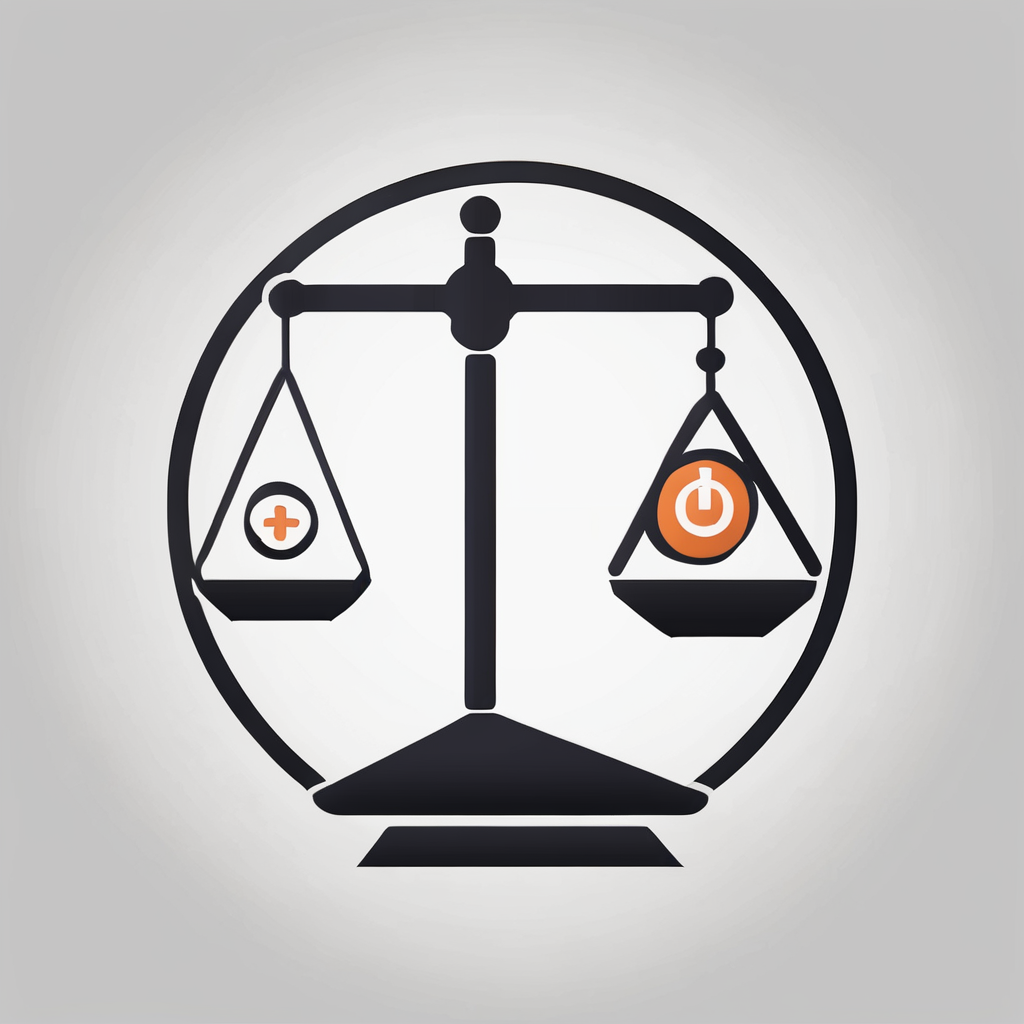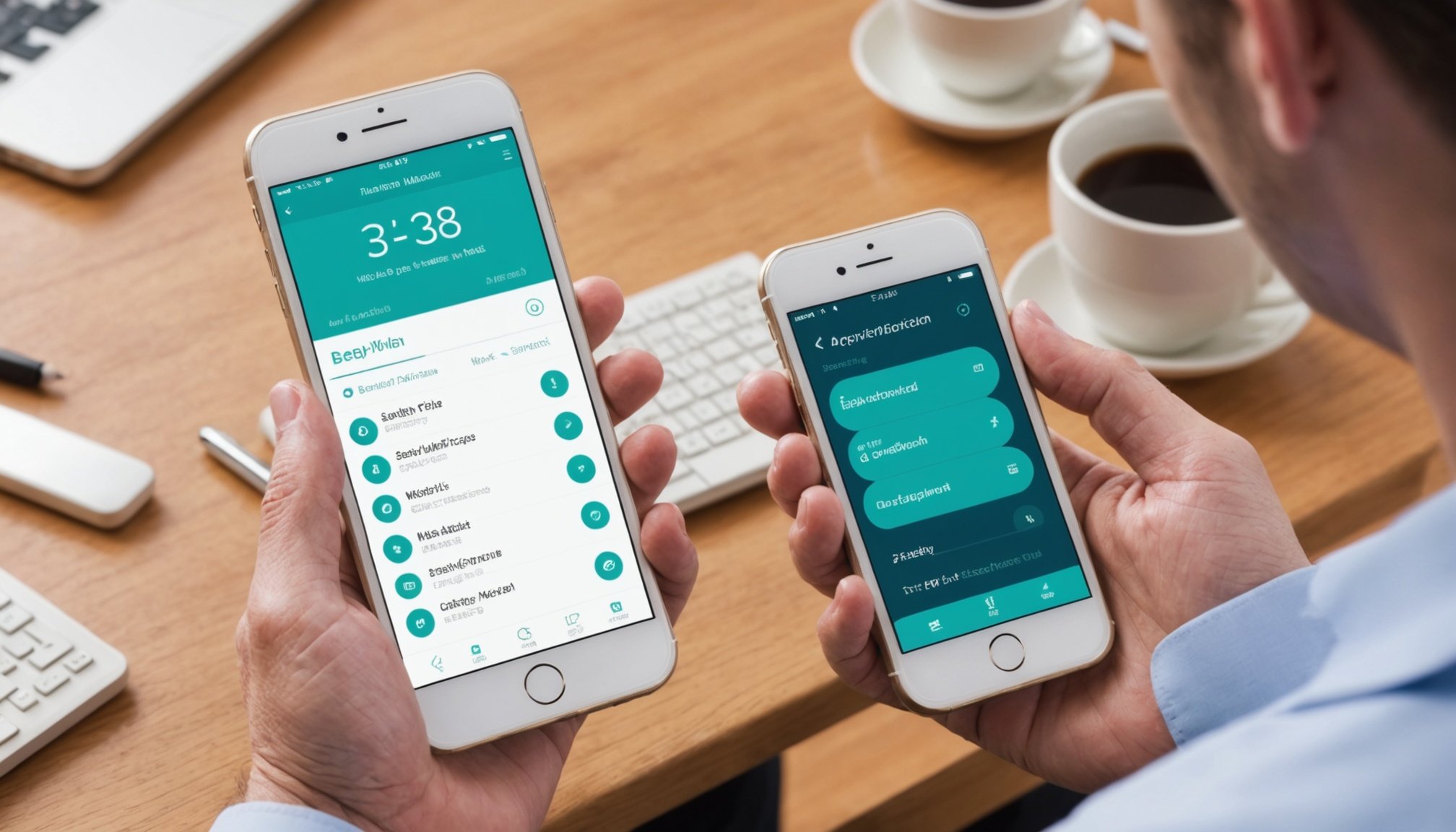Overview of Medication Non-Adherence
Understanding medication adherence is crucial due to its impact on healthcare outcomes. Adherence refers to the degree to which a patient correctly follows medical advice and medication regimens. Unfortunately, challenges in compliance are widespread, leading to significant health and economic consequences.
Data suggests medication non-adherence affects 20% to 50% of patients, with various studies reporting adherence rates decline as treatment complexity increases. This non-adherence can result in worsening health conditions, hospital readmissions, and increased healthcare costs, highlighting the urgent need to address these issues effectively.
Also read : Unlocking Weight Control: The Advantages of Customized Nutrition Plans for Effective Management
Patients often face multiple challenges when it comes to sticking to their medication schedules. These include forgetfulness, misunderstanding instructions, side effects, or even a lack of perceived necessity for the medication if symptoms are not evident. For instance, in chronic diseases like hypertension or diabetes, where symptoms may not always be apparent, patients might not see the immediate benefits of health technology geared toward improving adherence.
Innovative health technologies offer practical solutions to improve medication compliance. Tools such as reminder apps or digital pill dispensers can help patients remember their doses and provide real-time feedback to healthcare providers. By leveraging these technological advancements, it becomes possible to tackle some of the barriers and enhance overall health outcomes through improved adherence.
This might interest you : The Role of Dietary Antioxidants in Enhancing Vision Health Among Seniors: A Deep Dive into Aging Eye Care
Role of Mobile Health Solutions in Improving Adherence
The integration of mobile health solutions in healthcare has revolutionised patient engagement, notably enhancing adherence to medical plans. Mobile health tools such as apps, wearable devices, and automated reminders play a pivotal role. These tools offer a wide range of functionalities, from medication reminders to monitoring fitness levels and dietary habits.
Patient Engagement through Mobile Health Solutions
Mobile health solutions foster direct communication between patients and healthcare providers, empowering patients through real-time updates and personalised feedback. For instance, apps can send notifications about upcoming appointments or remind users to take their medication, significantly diminishing forgetfulness and boosting adherence. Moreover, these tools provide educational resources, thus raising awareness and understanding of one’s health condition.
Impact on Patient Behaviour and Adherence
By harnessing technology in healthcare, patients gain increased autonomy over their health management. The convenience and ease provided by mobile health solutions encourage consistent usage, consequently ingraining healthier behaviour patterns. Studies indicate that these tools are associated with heightened adherence rates, illustrating their effectiveness in promoting patient responsibility and active participation in their wellness journey. In conclusion, the multifaceted functionalities of these solutions make them indispensable in contemporary healthcare, greatly improving not just adherence but also overall patient outcomes.
Case Studies and Evidence of Mobile Health Effectiveness
Before delving into the world of mobile health, it’s crucial to examine empirical data demonstrating its impact. Numerous case studies have illustrated the effectiveness of mobile health interventions in enhancing patient outcomes.
Successful Interventions
Real-life examples highlight how mobile health solutions transform healthcare practices. Noteworthy case studies document the shift in adherence rates. One study monitored patients with chronic conditions and found adherence rose from 40% to 78% post-implementation of mobile apps. Mobile reminders, educational resources, and real-time analytics proved integral to this improvement. This suggests these interventions are not merely supplementary but may be vital components of modern healthcare.
Statistical Evidence
Research underpins the efficacy of mobile health tools. Comparisons between traditional and mobile-based methods reveal substantial gains in user engagement. A meta-analysis of mHealth applications showed a 25% increase in adherence rates over conventional approaches. This empirical endorsement underlines mobile health’s potential to revolutionize adherence and patient care quality.
User Testimonials
Real-world insights provide additional validation. Feedback from patients and providers credits mobile health solutions with increased convenience and improved communication. One user’s testimonial expressed how a mobile health app turned their daily health monitoring from a chore into an empowering routine. These firsthand accounts highlight the tangible benefits mobile health delivers to its users.
Challenges in Implementing Mobile Health Solutions
Implementing mobile health solutions introduces a series of barriers to implementation which can complicate their seamless integration into healthcare practices. Among these, technological literacy represents a significant challenge. Not all users possess the required digital skills to navigate mobile health apps effectively, which can limit their engagement and the overall success of these solutions.
Additional hurdles include access-related issues. Limited internet connectivity or lack of appropriate devices in certain populations can restrict their ability to benefit from mobile health platforms. This digital divide creates inefficiencies in healthcare delivery and widens existing health disparities.
From the perspective of healthcare providers, integrating mobile health into traditional practices can be daunting. They may encounter challenges with adapting workflows, safeguarding patient data, and ensuring that employees are adequately trained to support these technologies.
To address these issues, tailored training programs can improve digital literacy among users and healthcare professionals alike. Moreover, fostering partnerships with tech companies can yield innovations in device accessibility and internet solutions to bridge connectivity gaps. Exploring these paths can significantly mitigate some of the established barriers, enhancing the engagement levels and success rates of mobile health solutions.
Recommendations for Effective Implementation
Implementing mobile health solutions in clinical settings demands a strategic approach. Best practices are pivotal to streamline the process and ensure successful clinical integration. One key implementation strategy is to involve healthcare professionals early in the development phase. Engaging them can facilitate the tailoring of applications to meet specific patient needs more precisely.
It is crucial to keep patient-centric goals at the forefront. By understanding the unique requirements of the target demographic, developers can produce applications that are more widely accepted and utilized. For instance, integrating user-friendly interfaces that accommodate varying literacy levels can significantly enhance adoption rates.
Once deployed, maintaining continuous feedback loops becomes essential. This involves regularly collecting input from both patients and clinicians to refine and improve functionalities over time. A well-established evaluation mechanism can help identify inconsistencies and areas for enhancement, ensuring the application remains relevant and effective.
Moreover, implementation strategies should include training programs to educate staff on how to utilise these mobile health solutions effectively. This reduces resistance to change and improves user competency. By adopting these tailored approaches, hospitals and clinics can maximise the benefits of mobile health technology, improving outcomes for both patients and practitioners alike.











